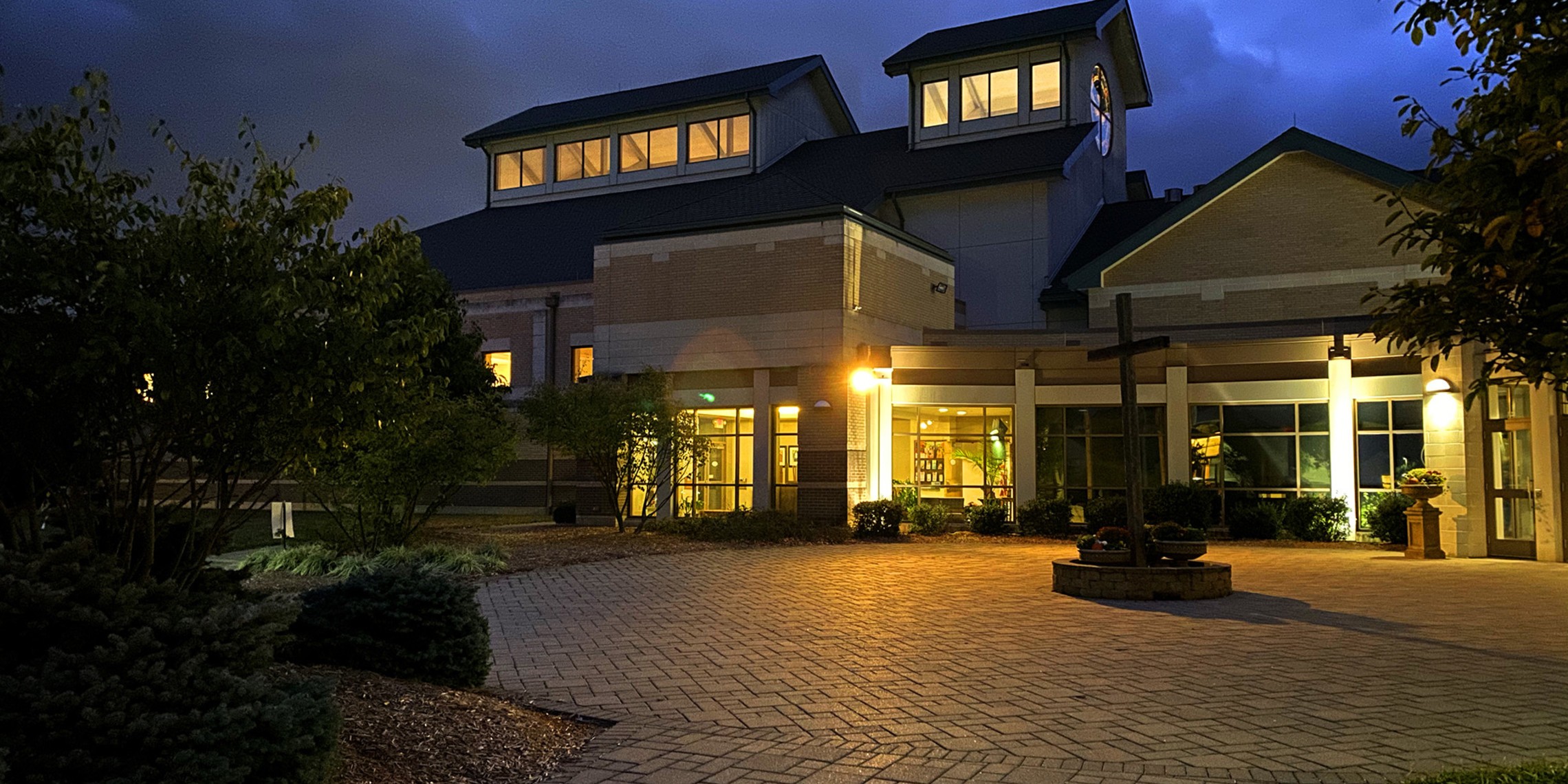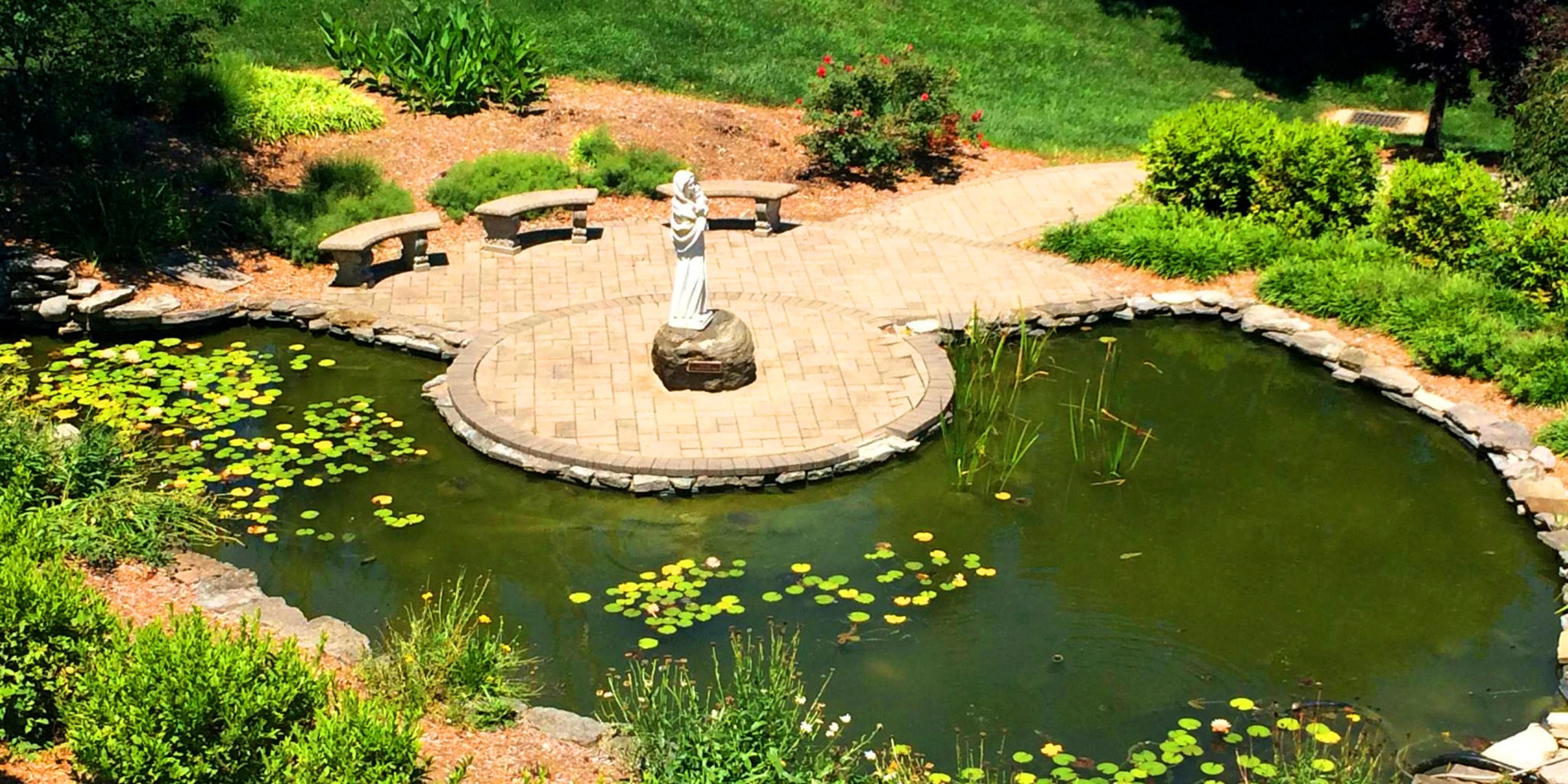March 01, 2024

One of the prayers we pray as Catholics at the end of a decade of the Rosary or in the Liturgy of the Hours is the “Glory be” prayer or “Gloria Patri” in Latin. It’s called the Minor Doxology, where “doxa” means glory in Greek, and doxology means an expression of praise to God. There is also a Major Doxology, the Gloria in Excelsis Deo, but that’s for another article.
Most of you are probably familiar with prayer formulas like ACTS (Adoration, Contrition, Thanksgiving Supplication), RAPT (Repentance, Adoration, Petition, Thanksgiving) or PATH (Praise, Apology, Thanksgiving, Hope). We understand asking for forgiveness of sins we’ve committed, we understand thanking God for what He’s done and we understand asking Him for things, but it’s the praise and adoration piece that usually doesn’t come easy.
In Catechism 2639, it tells us that “Praise is the form of prayer which recognizes most immediately that God is God. It lauds God for his own sake and gives him glory, quite beyond what he does, but simply because HE IS.” Giving God praise for who He is and not for what He does for us can be a bit uncomfortable. Try it for a minute and see if it doesn’t feel strange. Don’t thank Him for anything He’s done for you, that’s a prayer of Thanksgiving, just praise Him for who He is. A little awkward…. right? Yet, we are all called to praise God, and this little “Glory Be” prayer is perfect for that.
The prayer can be traced back to somewhere in the fourth century when it was added to the end of each Psalm in the Liturgy of the Hours prayed by monks. In the Middle Ages, as praying the Rosary became a popular devotion, it was added to the end of each decade. Different forms of doxology are prayed at the end of the Our Father in Mass and at the end of the Collect prayer at the beginning of the Mass. All of this demonstrates the importance of praising God always and giving Him glory.
In the Glory Be prayer, we give all glory to God the Father, God the Son, and God the Holy Spirit in the first line of the prayer: “Glory be to the Father and to the Son and to the Holy Spirit.” We praise God for who He is, one God, but a communion of three persons, the Holy Trinity, and we give equal praise to all three. In praying these words, we turn from focusing on ourselves toward focusing on how awesome God is and who He is. Often, we use the word glorious to describe, as Miriam Webster defines it, something marked by great beauty or splendor. Glorious snow-capped mountains, glorious fields of colorful flowers, and glorious weather all evoke perfection and beauty, so calling God glorious is only right, since He is the creator of all perfection and beauty.
The final line of the Glory Be prayer says, “As it was in the beginning, is now, and ever shall be, world without end.” The Father, Son and Holy Spirit have existed for all time; they are uncreated. CCC 198 says “…for God is the First and the Last, the beginning and the end of everything.” God’s glory has always existed, exists now, and will continue to exist forever. If God is uncreated and has existed for all time, then it reasons to follow that His word, what He teaches us, and the covenant promises He made to us will all exist forever. How awesome is God if He lets us praise Him for who He is and play just a small part in His plan and enjoy His enduring power and love forever?
So next time you sit down to prayer, give glory and praise to God for who He is by praying:
Glory be to the Father
and to the Son
and to the Holy Spirit,
as it was in the beginning
is now, and ever shall be
world without end. Amen.
Written by: Birgitt Hacker
More News...
Campus Safety
May 29, 2024
Now that summer is here and SMOY is in full construction site mode, here are a few safety...Read more
Pond and Fountain Change
May 6, 2024
There are many nice parts of our campus here at St. Margaret of York Parish. One of them...Read more






